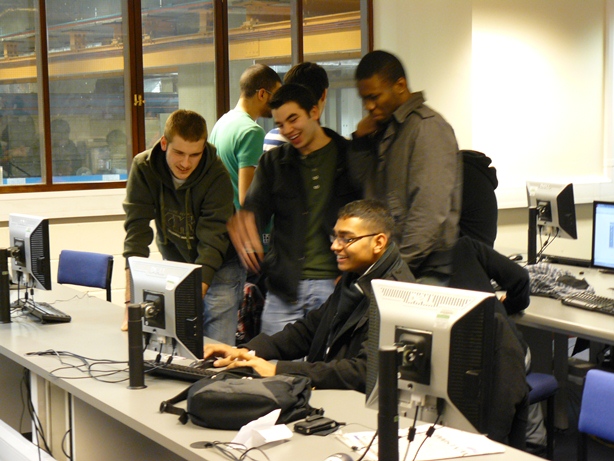The end of the year yields an opportune time to reflect upon various teaching innovations that have been discussed, written about, and presented earlier in the year, but which have not yet been included on the Educational Vignettes website. In this, the first of a series of end-of-year posts, I offer some thumbnail sketches of…Continue Reading Bring Your Own Device (BYOD): How Staff are Responding to the Mobile Technologies Their Students Bring With Them to Class
Bring Your Own Device (BYOD): How Staff are Responding to the Mobile Technologies Their Students Bring With Them to Class


